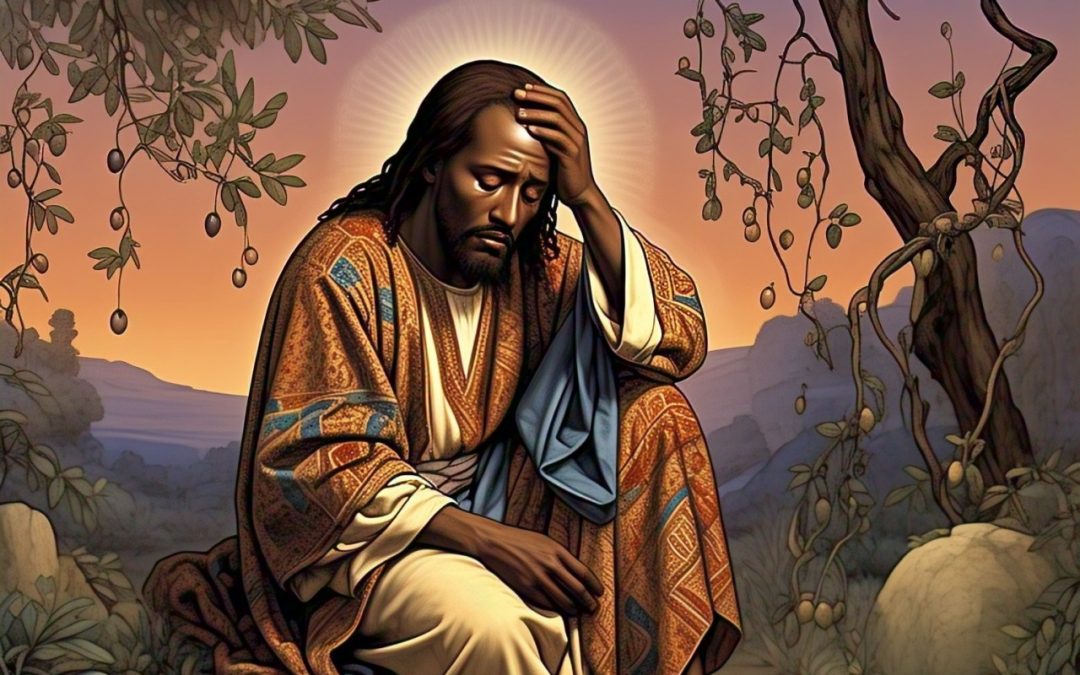Maundy Thursday is a night where love and betrayal, communion and abandonment, authority and servanthood converge. The word “Maundy” derives from the Latin mandatum, meaning “commandment,” referring to Jesus’ words: “A new commandment I give to you, that you love one another: just as I have loved you, you also are to love one another” (John 13:34).
This night begins with an extraordinary act of humility. The Creator of the universe removes His outer garments, wraps a towel around His waist, and kneels before His disciples to wash their feet; a task reserved for the lowest servants. Peter’s initial resistance reflects our own reluctance to accept the radical nature of God’s self-emptying love. Yet Jesus insists: “If I do not wash you, you have no share with me.” In this reversal of human hierarchy, we witness divine love expressing itself not through domination but through service.
At the table, Jesus transforms the Passover meal into something altogether new. Taking bread and wine—ordinary elements of sustenance—He imbues them with extraordinary significance: “This is my body… This is my blood.” With these words, He establishes a memorial that will transcend time and culture, inviting believers across millennia to participate in His sacrifice. The meal that commemorated Israel’s deliverance from Egyptian bondage now points toward humanity’s deliverance from sin and death.
As the night deepens, Jesus leads His disciples to Gethsemane. Here, in the quiet darkness of an olive grove, we witness the full humanity of Christ. “My soul is very sorrowful, even to death,” He confesses to His closest friends. Three times He prays for the cup of suffering to pass from Him; three times He concludes with perfect submission: “Nevertheless, not my will, but yours, be done.” The struggle is real, yet His surrender is complete.
The night culminates in betrayal. With a kiss—a sign of affection twisted into treachery—Judas identifies Jesus to the arresting party. The disciples, despite their earlier protestations of loyalty, scatter into the darkness. The One who had just washed their feet and broken bread with them now stands alone, abandoned by all but the Father.
Maundy Thursday invites us to contemplate the cost of love that gives itself completely, the beauty of a God who serves rather than demands service, and the mystery of communion that transcends betrayal. It challenges us to examine whether we, like Peter, resist Christ’s humble love, or like Judas, betray it for temporary gain, or like the other disciples, abandon our commitments when they become costly.
Prayer
Lord,
On this holy night, we remember how You knelt before Your disciples, washing their travel-worn feet with Your holy hands. Forgive our pride that resists Your humble service and our reluctance to follow Your example of loving servanthood.
We recall how You took bread and wine, transforming them into vessels of grace and remembrance. Thank You for inviting us to Your table, where we encounter Your presence and receive Your life. May we never approach this sacred mystery with casual indifference.
We contemplate Your agonizing prayer in Gethsemane, where Your human will surrendered completely to the divine purpose. In our own moments of suffering and resistance, teach us to pray as You prayed: “Not my will, but Yours be done.”
We acknowledge the betrayals that pierced Your heart on this night—Judas with his kiss, Peter with his denials, the others with their flight. Forgive us for the times we too have betrayed Your love through our actions, words, or silence.
Grant us grace to fulfill Your mandatum novum—Your new commandment—to love one another as You have loved us. May our love be neither sentimental nor selective, but sacrificial and inclusive, reflecting the love You demonstrated at the basin and on the cross.
As the shadows of this day deepen toward Good Friday, keep us watchful and faithful, ready to follow You even to Calvary.
In Your name we pray.
Amen.


Recent Comments